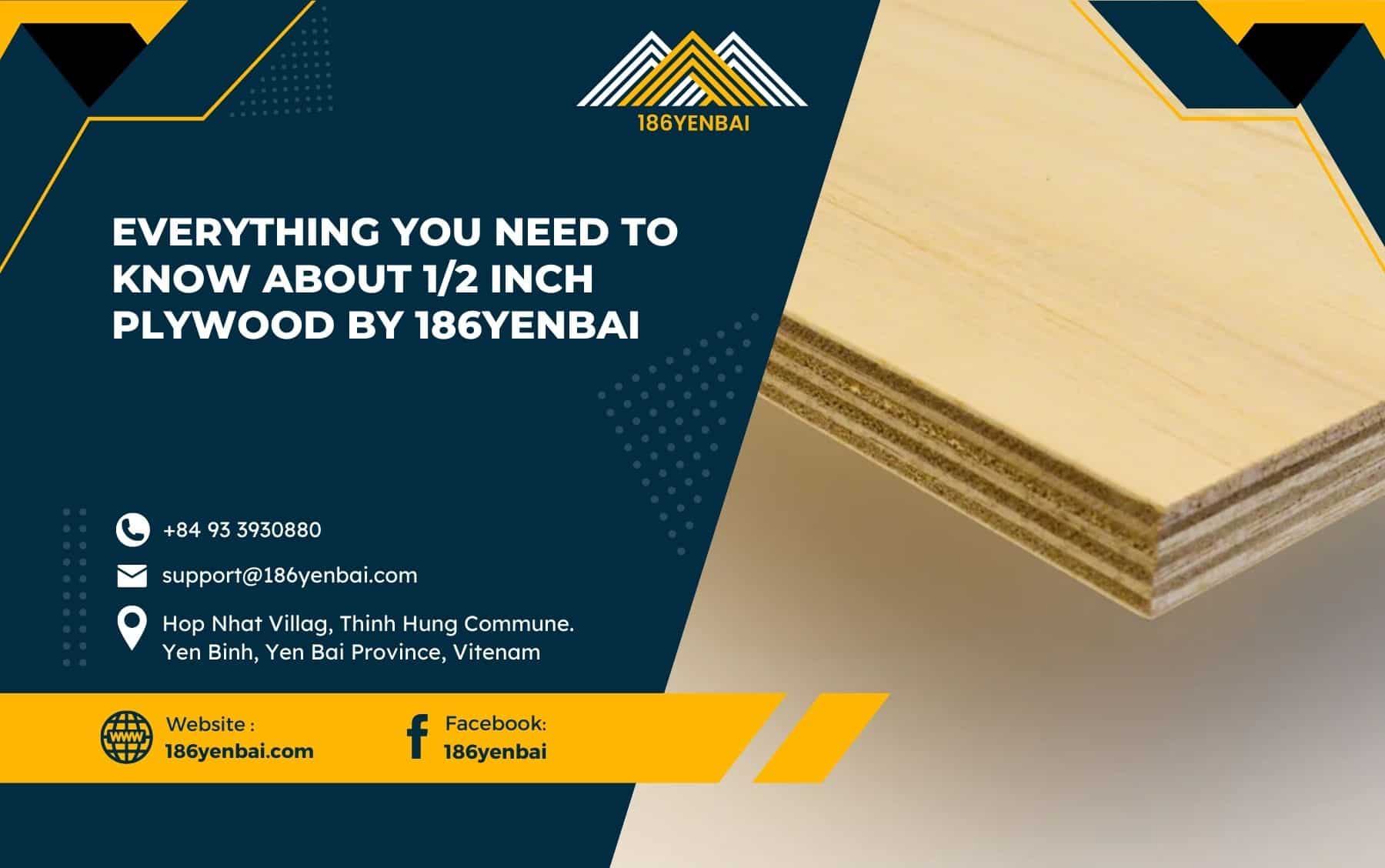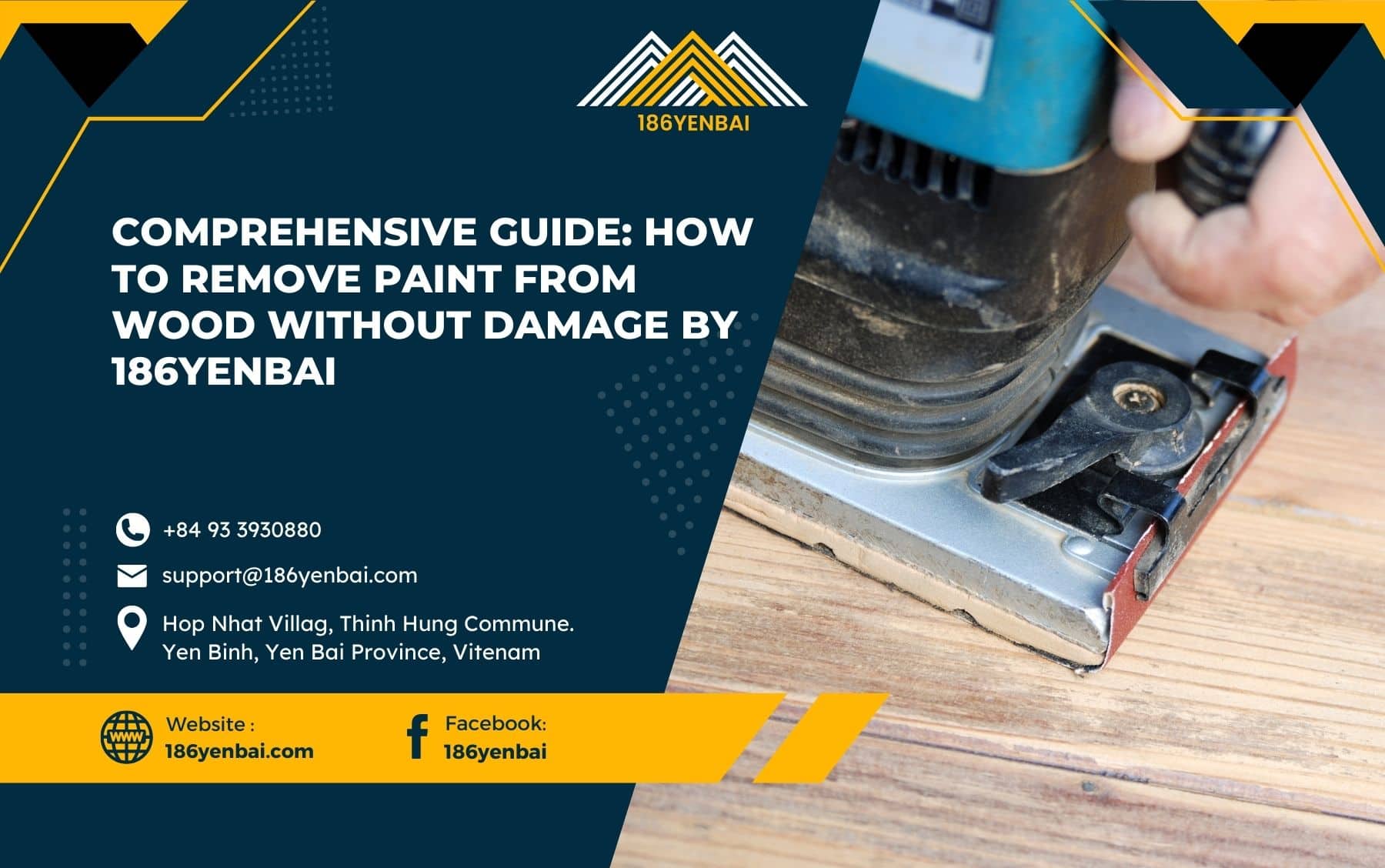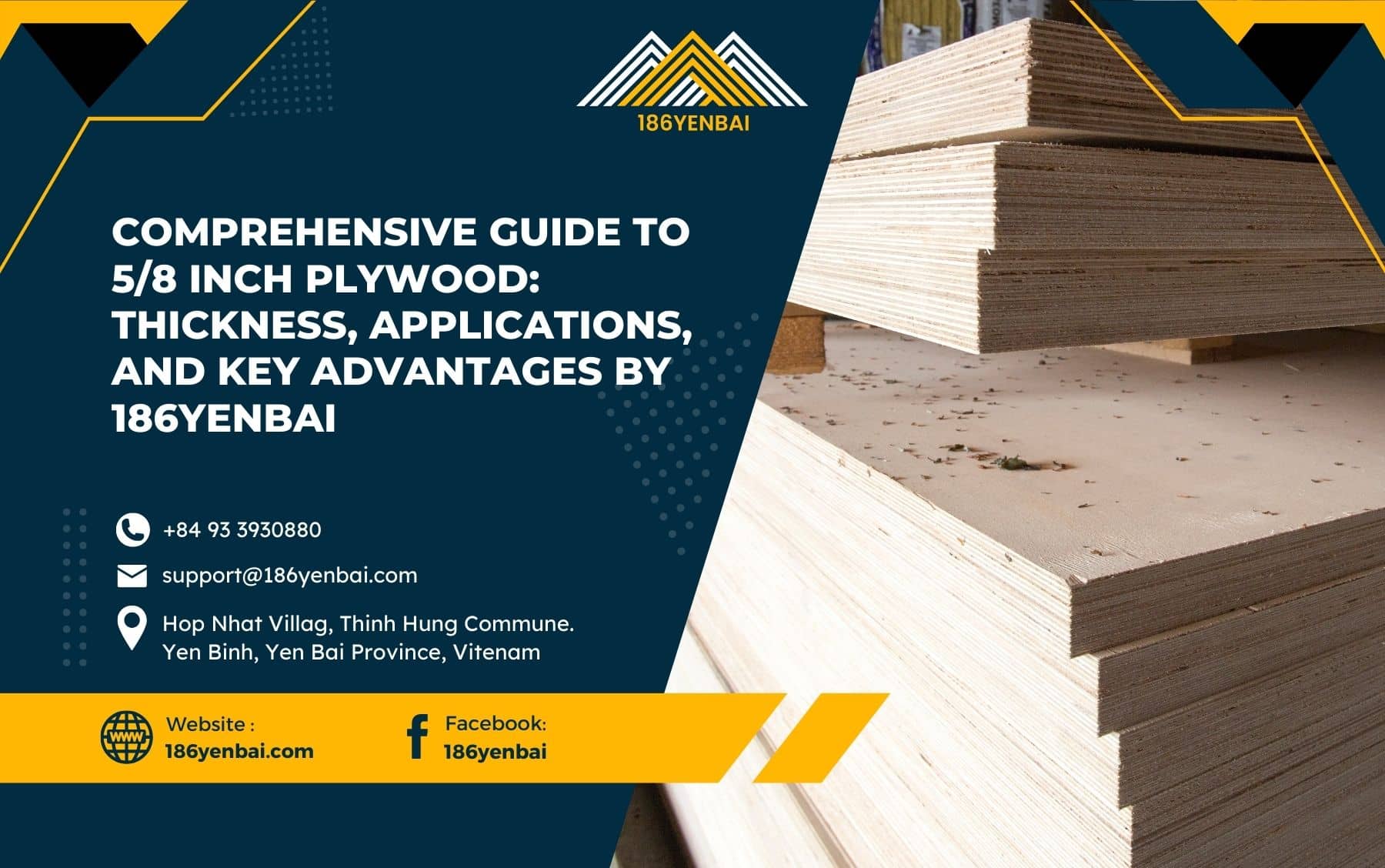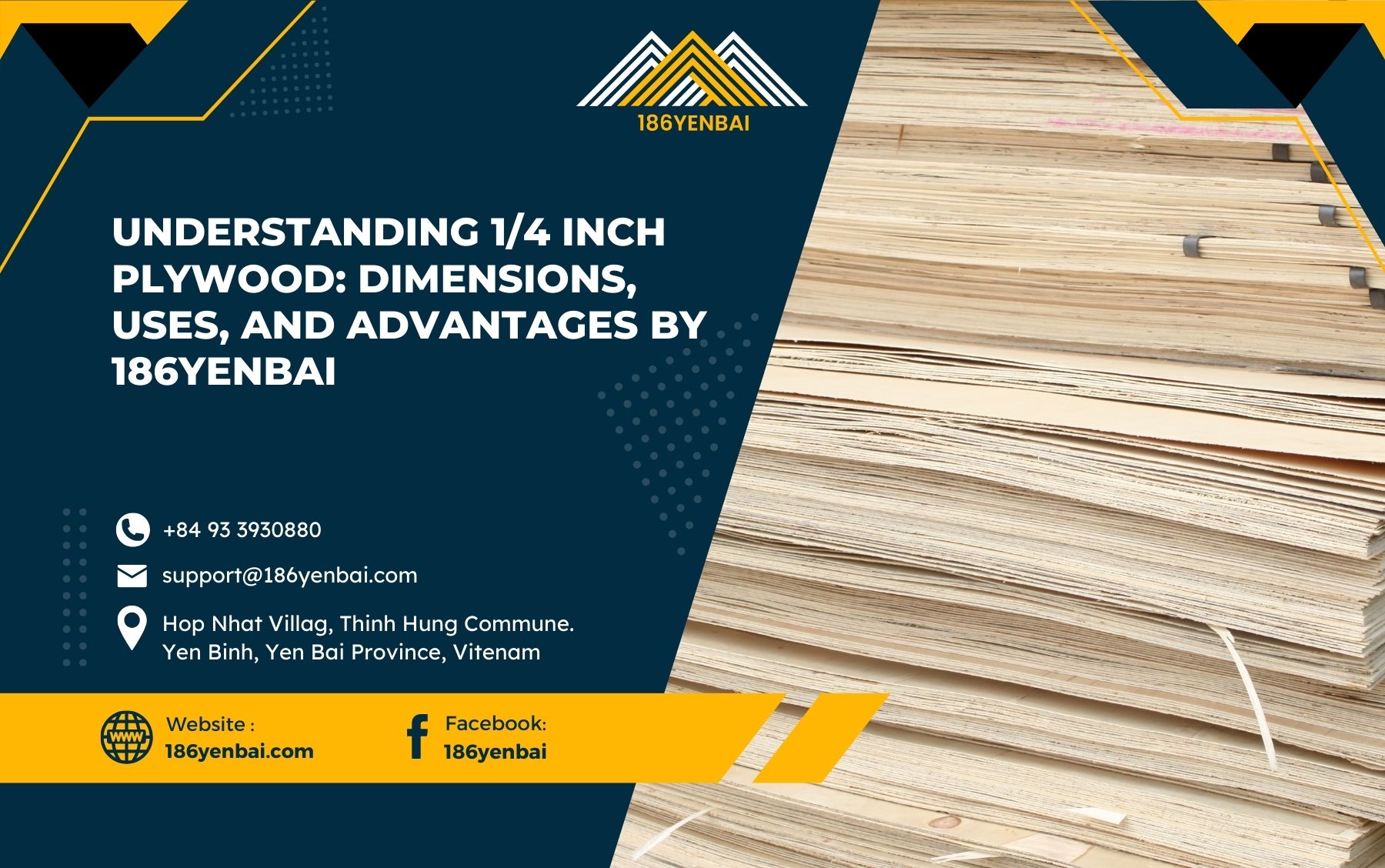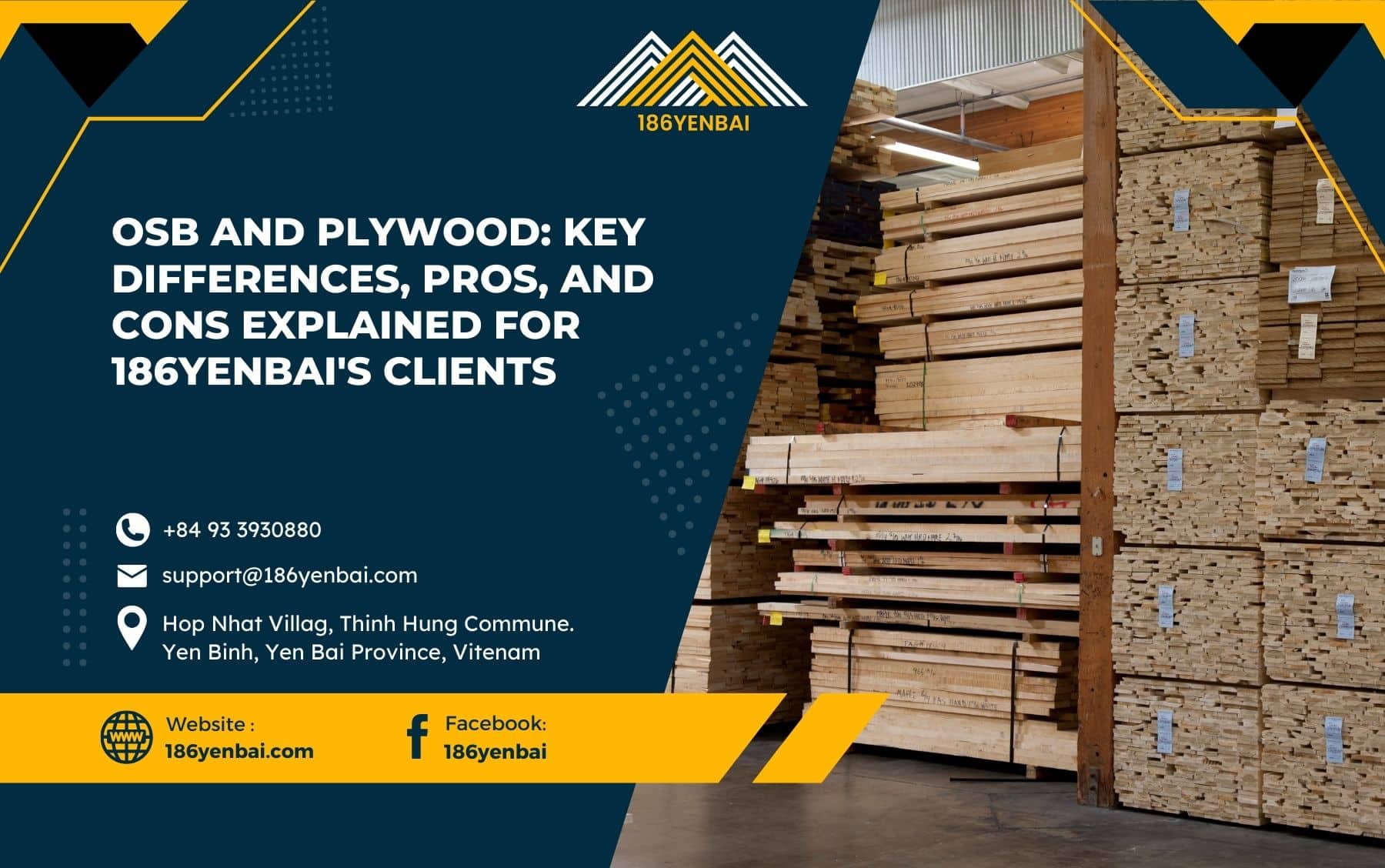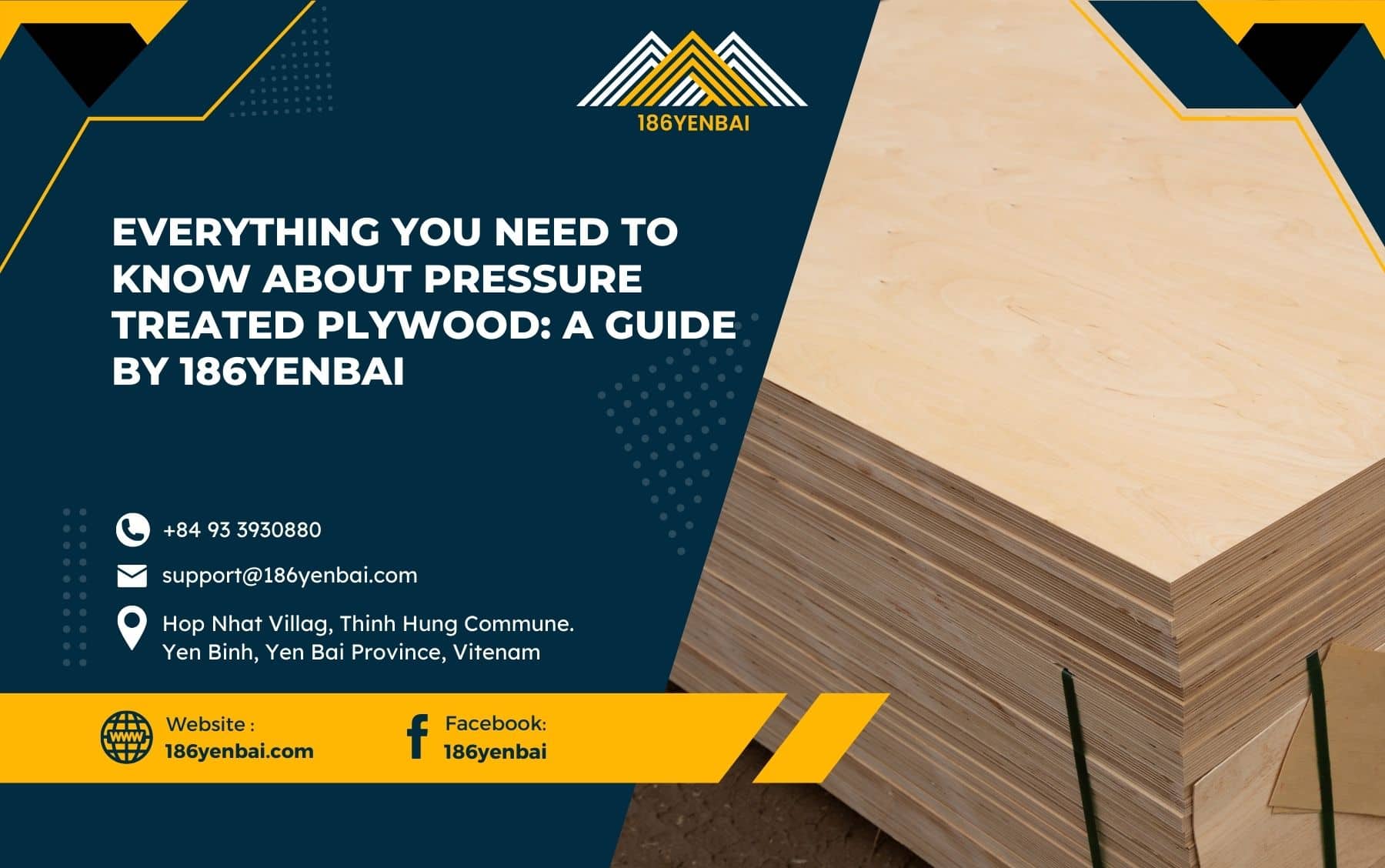In the world of construction and carpentry, 5/8 inch plywood is a popular material known for its balance of strength, durability, and manageability. Whether you’re looking to install subflooring, build furniture, or undertake a roofing project, understanding the specifics of 5/8 inch plywood can help you make an informed choice. In this guide, we’ll explore the properties, uses, benefits, and considerations for 5/8 inch plywood, so you can select the right type for your project.
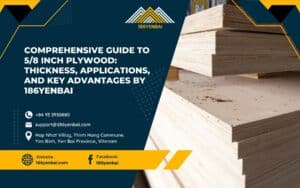
Table of Contents
ToggleWhat is 5/8 Inch Plywood?
5/8 inch plywood is a medium-thickness plywood option often used in applications that require both stability and moderate weight. Like all plywood, it’s made by bonding multiple layers of wood veneer, with each layer oriented perpendicular to the previous one. This cross-grain construction provides improved strength and resistance to warping compared to solid wood.
While commonly referred to as “5/8 inch,” the actual thickness can vary slightly due to manufacturing processes. Typically, a 5/8 inch plywood panel has an actual thickness of approximately 19/32 inches (about 15.1 millimeters). This slight difference is due to sanding during production, which can reduce the thickness by a fraction of an inch.
How Much Does a 5/8 Inch Plywood Sheet Weigh?
The weight of a 5/8 inch plywood sheet can vary depending on factors such as wood type, density, and any additional treatments. However, a standard 4×8 foot sheet of 5/8 inch plywood typically weighs between 55 to 70 pounds. This weight is manageable for most people using proper lifting techniques, but it’s essential to consider this weight when planning transportation and installation.
The balance of weight and strength makes 5/8 inch plywood a preferred choice in applications where both durability and moderate weight are desirable. It’s commonly used in projects like subflooring, wall sheathing, and roofing, where materials must support loads without adding excessive weight.
Explore More: Particle Board vs Plywood: Which Material is Better for Your Project?
Common Applications of 5/8 Inch Plywood
Thanks to its medium thickness and durability, 5/8 inch plywood is a versatile material that finds use across a range of applications. Here are some of the most common uses:
- Subflooring: 5/8 inch plywood provides a solid base for various flooring materials, helping distribute weight evenly and reduce floor movement.
- Roof Sheathing: This thickness is ideal for roofing projects, providing adequate strength to support roofing materials while withstanding weather exposure.
- Wall Sheathing: For both interior and exterior walls, 5/8 inch plywood adds structural support and moisture resistance, making it suitable for load-bearing walls and sheathing in high-humidity areas.
- Furniture Construction: It’s frequently used in cabinetry, shelving, and storage units, where moderate weight and stability are required.
- Decking: For projects like porches or covered outdoor areas, 5/8 inch plywood offers a solid, durable base.
- Temporary Structures: Due to its balance of durability and portability, it’s also used for temporary partitions, scaffolding, and event structures.
Learn More: Can You Stain Pressure Treated Wood? A Comprehensive Guide by 186Yenbai
Does 5/8 Inch Plywood Really Exist?
Yes, 5/8 inch plywood is a standard thickness in plywood production. It’s available in multiple grades, including CDX and BC grades, which determine the quality and finish of the surface. While 5/8 inch plywood is often marketed as 5/8 inch, it’s typically sanded down to an actual thickness of around 19/32 inches. This minimal difference is generally negligible, but for precision projects, using a caliper can confirm exact measurements.
Related Reading: MDF vs Plywood: Choosing the Right Material for Your Project with 186Yenbai
The Benefits of Using 5/8 Inch CDX Plywood
5/8 inch CDX plywood is a specific type of construction-grade plywood known for its durability and moisture resistance. CDX plywood is made from C-grade wood veneers on one side and D-grade on the other, with a moisture-resistant adhesive. This type of plywood is ideal for structural applications where strength and stability are essential, such as:
- Subflooring: Its moisture resistance and strength make it an excellent choice for subflooring in residential and commercial buildings.
- Roofing Sheathing: It serves as a solid base for roofing materials and can handle environmental stress, including moisture and temperature changes.
- Wall Sheathing: Commonly used in exterior wall sheathing to add strength to the structure and provide a barrier against weather.
5/8 inch CDX plywood’s high moisture resistance also makes it a great choice for projects in humid or wet environments, as it resists warping and maintains structural integrity.
Related Article: The Ultimate Guide to Waterproofing Plywood: Top Methods and Tips from 186Yenbai
5/8 Inch vs. 3/4 Inch Plywood: Which is Right for Your Project?
When choosing between 5/8 inch and 3/4 inch plywood, it’s essential to understand the primary differences:
- Thickness and Strength: 3/4 inch plywood is thicker and, therefore, offers greater strength and load-bearing capacity than 5/8 inch plywood. It’s often used for flooring, cabinetry, and other applications requiring maximum support.
- Weight: 5/8 inch plywood is slightly lighter, making it more manageable for projects where weight considerations are important, such as ceiling installations or lightweight partitions.
- Cost: 5/8 inch plywood is usually more cost-effective than 3/4 inch plywood, making it a better option for budget-conscious projects without heavy structural demands.
Use Case: Choose 5/8 inch plywood for projects requiring moderate strength and lower weight, like subflooring and roof sheathing. Opt for 3/4 inch plywood when structural stability is paramount, such as in flooring or furniture with heavy loads.
Further Reading: OSB and Plywood: Key Differences, Pros, and Cons Explained for 186Yenbai’s Clients
FAQs About 5/8 Inch Plywood
What is the Actual Thickness of 5/8 Inch Plywood?
The actual thickness of 5/8 inch plywood is around 19/32 inches or approximately 15.1 millimeters. This variation accounts for the sanding and finishing processes during manufacturing.
How Much Does a 4×8 Sheet of 5/8 Inch Plywood Weigh?
A standard 4×8 sheet of 5/8 inch plywood typically weighs between 55 to 70 pounds. The weight can vary based on factors like wood type and density.
Can You Use 5/8 Inch Plywood for Flooring?
Yes, 5/8 inch plywood is commonly used as subflooring. It offers sufficient support and durability for various flooring materials, including tile, vinyl, and laminate.
Is 5/8 Inch Plywood Suitable for Roofing?
Yes, 5/8 inch plywood is ideal for roof sheathing, as it provides a stable base for shingles and other roofing materials. It’s durable enough to withstand environmental exposure when installed properly.
Explore Further: Everything You Need to Know About Pressure Treated Plywood: A Guide by 186Yenbai
Final Thoughts: Why Choose 5/8 Inch Plywood?
5/8 inch plywood is a versatile material that bridges the gap between lighter and heavier plywood options. It offers sufficient strength and stability for various applications, from structural support to furniture construction, without adding unnecessary weight. Additionally, its relatively affordable price point and availability make it accessible for both professionals and DIY enthusiasts.
At 186Yenbai, we provide high-quality 5/8 inch plywood in various grades and finishes, ensuring you can find the perfect match for your project needs. Whether you’re working on a construction project, home renovation, or DIY craft, our team can help you select the right plywood for the job. Visit our website for more information on our range of plywood products.
For more information or inquiries about our high-quality plywood products, contact us at 186yenbai today to discuss how we can support your next construction or renovation project. Plywood Supplier
Phone: +84 93 3930880
Email: [email protected]
Facebook: https://www.facebook.com
Address: Hop Nhat Village, Thinh Hung Commune, Yen Binh, Yen Bai Province, Vietnam
Check out our other articles below:
Why High-Quality Plywood is the Ultimate Choice for Global Markets
High-Quality Plywood vs. Low-Quality Plywood: What’s the Difference?
5 Reasons Why High-Quality Plywood is the Best Choice for Home Renovations

